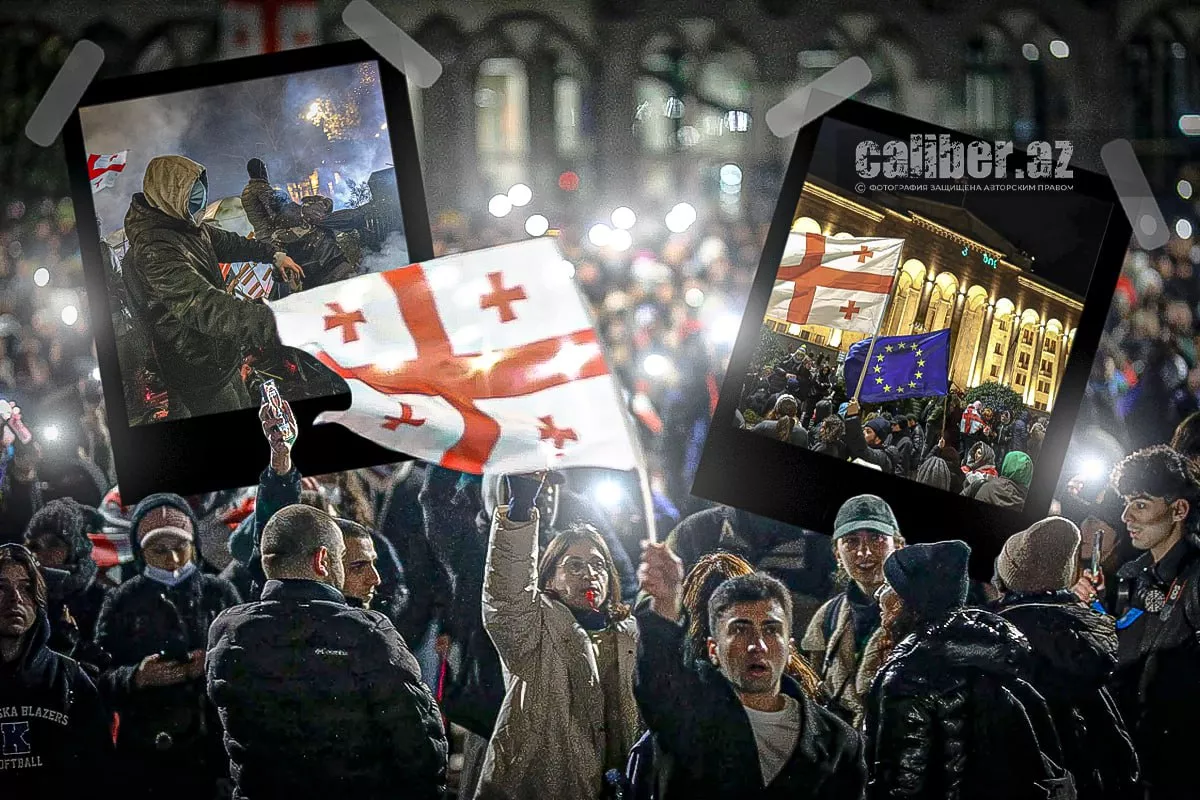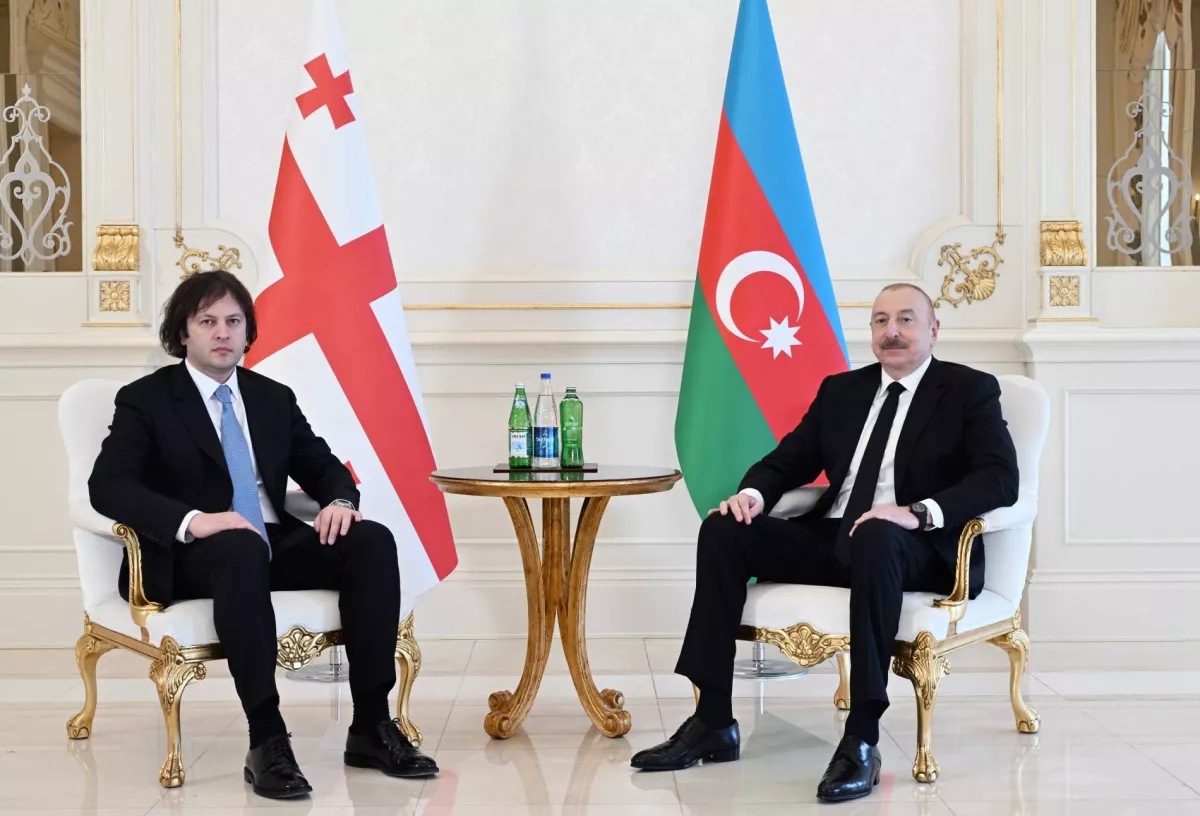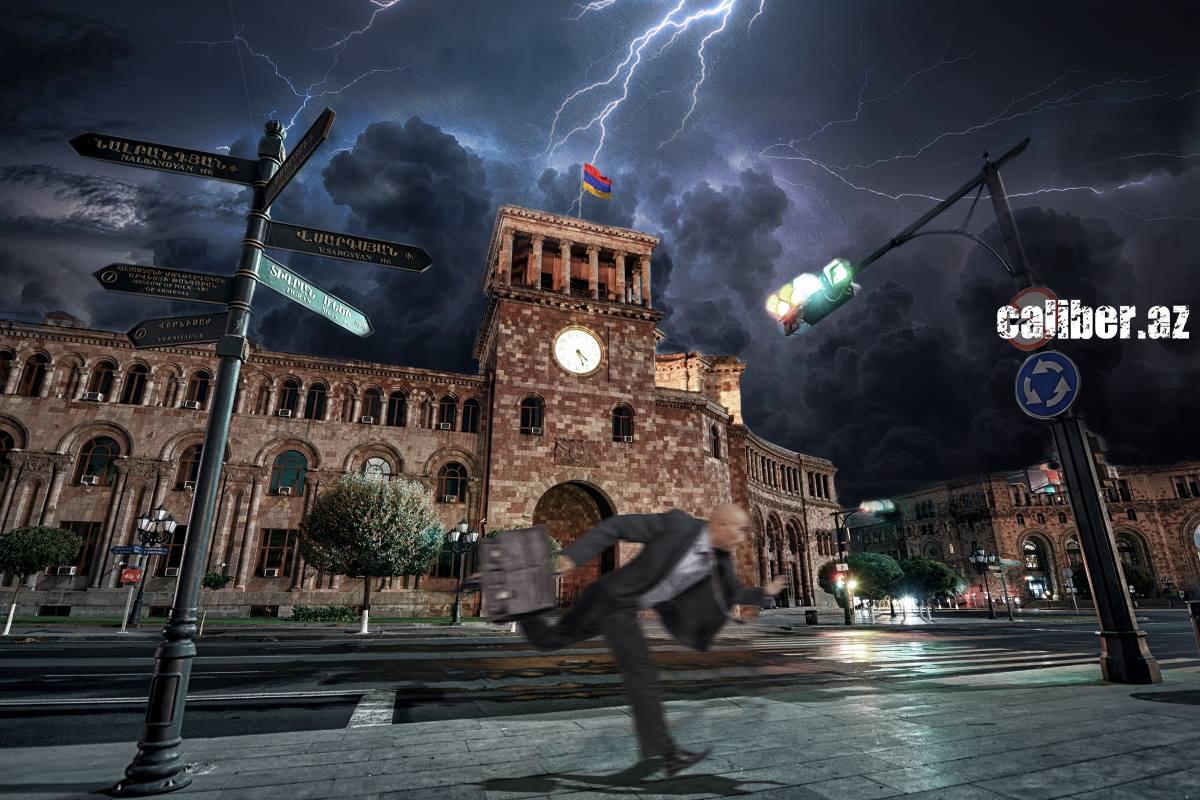The feeder is closing: Armenia mourns USAID's departure Georgia unveils the hidden cost of foreign interference
Georgian Parliament Speaker Shalva Papuashvili made a bold statement on social media: "USAID spent, through political NGOs, USD 41,7 million on Georgian elections. In terms of US/Georgia population ratio, this would amount to USD 3,78 billion foreign money injected in US elections. These numbers are even more grotesque if compared with GDP ratio as well."
Papuashvili demanded an explanation for how tens of millions of dollars are allocated to organizations that consistently attempt to interfere with elections in Georgia. "It is impossible to spend USD 41,7 mln on another country’s elections and, at the same time, feel no accountability towards the population of the said country," he declared.

Shalva Papuashvili’s words are difficult to dispute, but they also open the door to a deeper exploration of the topic. A pertinent question arises: How much did USAID spend on organizing Georgia’s "Rose Revolution" in November 2003? Reflecting on this, it’s worth noting that in September 2005, the Tbilisi City Assembly (Sakrebulo), the city's legislative body, made the decision to rename one of its streets in honour of George Bush, the U.S. president at the time.
However, the question of foreign influence doesn't end there. I distinctly recall that some of the strongest reactions in Georgian society were triggered by then-President Eduard Shevardnadze’s refusal to pursue a military solution to the conflicts in Abkhazia and South Ossetia. In hindsight, it’s clear that his stance was a sober and realistic assessment of the situation. Fast-forward to August 2008, when the war broke out, with the tragic consequences that everyone knows all too well. Perhaps, drawing from this painful experience, the current Georgian leadership has from the outset ruled out the military option for regaining South Ossetia and Abkhazia.
How will politicians from the EU, the European Parliament, and other organizations, who initially pressed the Georgian Dream party to focus on a peaceful transfer of power to their political opponents ahead of last year’s parliamentary elections in Georgia, now justify their stance after Shalva Papuashvili's statement? The answer seems clear: these were coordinated actions by forces that sought to install a government in Georgia they could control.
In this context, it’s important to revisit the events of January 17, when Azerbaijani President Ilham Aliyev and Georgian Prime Minister Irakli Kobakhidze addressed the press. "I would also like to thank you for your congratulations on the victory of our party. It is important for ensuring stability and security in our region and for the relations between our countries. This is of exceptional importance. You are a unique leader in the region and a role model for us. You are leading your country by protecting the interests of your state. It gives me great honour and satisfaction to be here today," said Prime Minister Kobakhidze.

These remarks were not simply an objective assessment of President Ilham Aliyev’s role in modern Azerbaijani history; they were expressions of gratitude for the friendly support that Georgia received at a time when it was subjected to unjustified external pressure—pressure from forces that had little regard for the interests of the Georgian people and are solely focused on advancing their own agendas, agendas that were backed by vast financial resources.
This situation is not unique to Georgia. The US, through USAID, also funded the Maidan protests in Ukraine in 2014, as stated by Robert F. Kennedy Jr., the US Health Secretary nominee, in an interview with Tucker Carlson. He further described USAID as a "CIA front," asserting that the CIA had overthrown 83 governments from 1947 to 1997, most of them democratic. Since then, the scope of such CIA activities, including under the guise of USAID, has only expanded, including at the expense of Armenia.
Undoubtedly, Armenia's third president, Serzh Sargsyan, deserved to be cast aside in Armenian history. However, as much as it may be argued, the "velvet revolution" would have been impossible without financial injections from the Soros Foundation, USAID, and other sponsors of revolutions worldwide. It is no coincidence that many of Armenia's current leaders were once "Sorosists."

That is why Pashinyan's Telegram channel, "Baghramyan 26," issued a post that could easily be described as "whining about USAID," referring to the situation around it, which the mouthpiece of the Armenian authorities optimistically called "uncertain." "We must remember that American aid played a decisive role at different stages of our history, especially during the years when it seemed that everything around us was plunged into darkness," claims "Baghramyan 26." Without openly acknowledging that Pashinyan's rise to power was also made possible by "American aid," the confession remains incomplete. Nevertheless, it was still a session of, albeit partial, self-exposure.
"In the 90s, amid the ruined streets of Yerevan, many first saw the USAID logo — a symbol of salvation — on cans of food and kerosene. The words 'From the American people' and 'Not for sale or exchange' became living proof that during the most difficult times, our country received support, and this support allowed us to survive," writes Pashinyan's mouthpiece.
The fact that Armenia ended up in such a situation due to territorial claims against Azerbaijan, which led to war and the occupation of 20% of our country's territory, is not mentioned by these scribes, which is natural and expected. What is more telling, however, is that through their lamentations about USAID, it has become painfully clear that the closure of this organization, while a blessing for Azerbaijan and Georgia, has become a sorrow for Armenia. Yes, Armenia has always favoured those who generously funded their desires. And in the name of pursuing their plans, Armenia was ready to assume any status — from "Russia’s outpost in the Caucasus" to "an island of democracy." However, its real status has always been, and remains, the same — a regional dead end.








